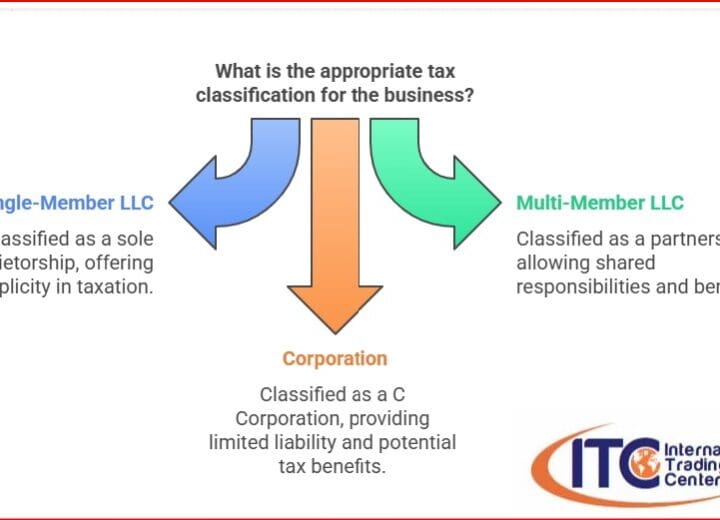Notarial Services in the United States
Sooner or later, Businessmen and Entrepreneurs must deal with Notarial Services.
A notary public is a representative chosen by a state government to act as a witness in the signing of important documents in the United States. The main functions of a notary public consist of:
Acknowledgments: A notary public can administer acknowledgments, which involves verifying the identities of persons signing a document and ensuring that they are signing voluntarily and with informed consent.
Jurats: A notary public may administer jurats, which involve administering oaths or affirmations to persons who are making an affidavit or deposition. The notary verifies the identity of the person and ensures that he/she understands the contents of the declaration.
Depositions and affidavits: Depositions and affidavits are written or oral statements made under oath, and notaries may administer oaths or affirmations by them. The notary ensures that the person making the declaration understands its contents and is bound by the truthfulness of the declaration.
Certification of documents: A notary may certify copies of certain documents as true and accurate replicas of the original. This function is often required for official documents such as passports, driver’s licenses or academic records.
Witnessing of signatures: notaries may witness the signing of important legal documents, such as contracts, wills or powers of attorney. . The notary verifies the signer’s identity and ensures that he/she is signing the document voluntarily.
Record keeping: notaries keep a diary or log book in which they record details of the notarial acts they perform. This record keeping is important to maintain an accurate and accessible record of notarial transactions.
It is crucial to remember that notary rules and regulations in the United States may differ from state to state, so the specific functions and powers of notaries may differ slightly by jurisdiction.
Notary Feeds
Florida law provides that a Florida notary public may charge up to $10 for performing any notarial act under Part I of Chapter 117, Florida Statutes, excluding marriages. The notarial acts listed in Part I, for which a notary may charge up to $10, include taking acknowledgments, administering oaths, and attesting to tangible or electronic records (also called “certifying a copy before a notary public” in Florida law). A Florida notary public may charge the same fee as the clerk of the circuit court for solemnizing a marriage (performing a marriage ceremony); that fee is currently set at $30.
For notarial acts not specified in Part I (which would include the verification of vehicle identification numbers, safe deposit box inventories, and protests), the law no longer specifies a maximum fee. However, the fees charged must be reasonable and agreed upon in advance.
In general, according to the Executive Office of the Governor of Florida, notary fees should be calculated on a “per certificate/per seal” basis.





